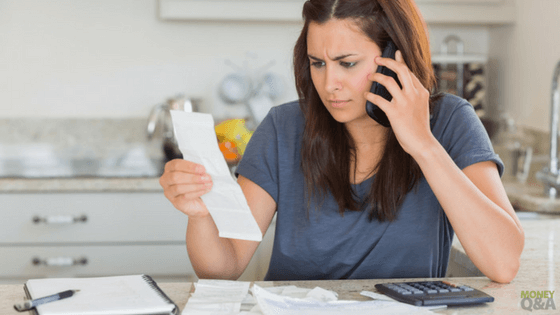
The legal implications and ramifications of declaring personal bankruptcy are something that most people ignore until they find themselves at the point where declaring bankruptcy is their last resort. The decision to declare bankruptcy should not be made lightly, especially if it means that a person will lose his or her main financial resources and assets.
According to Bankruptcy Canada, 96,458 Canadians became insolvent in 2020. Some causes of personal bankruptcy among Canadians include financial mismanagement, separation or divorce, having a severe illness or medical problem, income reduction or job loss, and being confronted by an unexpected dilemma.
But before filing for bankruptcy, you need to know first the consequences you may be facing for declaring personal bankruptcy in Canada.
Personal bankruptcy does not extinguish all of your debts
After completing your bankruptcy process, you will automatically receive a bankruptcy discharge. Issued by the bankruptcy court, the bankruptcy discharge is a permanent order preventing your creditors from collecting on any debt that was included in the bankruptcy paperwork.
Any debts that existed from the time you declare personal bankruptcy shall be listed in the bankruptcy paperwork. However, there are certain types of debt exempted from the bankruptcy discharge, such as child support payments or debt acquired through fraud.
A personal bankruptcy discharge does not include secured debt, as car loans or mortgages are not included in bankruptcy. Moreover, anyone else who owes the same debt that was included in the bankruptcy discharge is not exempted from paying.
For example, a married couple uses the same credit card to pay for their expenses. If one of them declared personal bankruptcy, the other spouse should now be responsible for paying the full amount of their credit card debt.
Effect on your credit score
Filing for personal bankruptcy will put your credit score down, and you will receive an R9, the lowest rating on a credit report.
After declaring bankruptcy, it will remain on your credit report for six to seven years. However, you can still be able to rebuild your credit score by taking advantage of your fresh start.
It is good to know that some people who declare bankruptcy are still able to get a mortgage, one of the hardest credits to apply for, approximately two years after their bankruptcy discharge. This is because they worked hard in rebuilding their credit score in a positive manner, such as paying their debts on time.
Possible loss of assets
Upon receiving a bankruptcy discharge, you shall assign or turn over your properties or assets to a trustee, who will then sell and distribute any funds collected from the sale to pay your debts or creditors.
Furthermore, there are regulations set by the provincial legislation of Canada to exempt particular assets from surrendering to a trustee. These regulations, however, vary on the territory where you are living.
The common types of properties excluded from surrendering to a trustee are:
- personal belongings such as clothes
- house furniture or any equipment
- device/s used for work
- vehicles with a value limit, for example, an old car
Bankruptcy duties and payments
Once you declare bankruptcy in Canada, you will be required to accomplish certain duties and payments. These include providing the required payment to the bankruptcy estate and giving your trustee an updated report of your income.
You will also be required to attend two bankruptcy counseling sessions with your trustee. The purpose of each session is to talk about topics regarding financial management.
Debts discharged
The most desirable benefit of filing personal bankruptcy in Canada is your debts discharged, which will then allow you to start anew.
After receiving your bankruptcy discharge or completing a consumer proposal, you may now begin to be a good credit risk since you are cleared from your old debts.
Bankruptcy gives you a second chance to improve your credit and eliminate your bad habits when it comes to your financial freedom.
To avoid falling again into bankruptcy, remember to borrow money responsibly and make payments on time. Avoid maxing out your credit card and practice making small purchases, so you can immediately pay them back.
In the end, despite the rough consequences of declaring personal bankruptcy, its undertakings also offer many advantages for people seeking debt relief.
